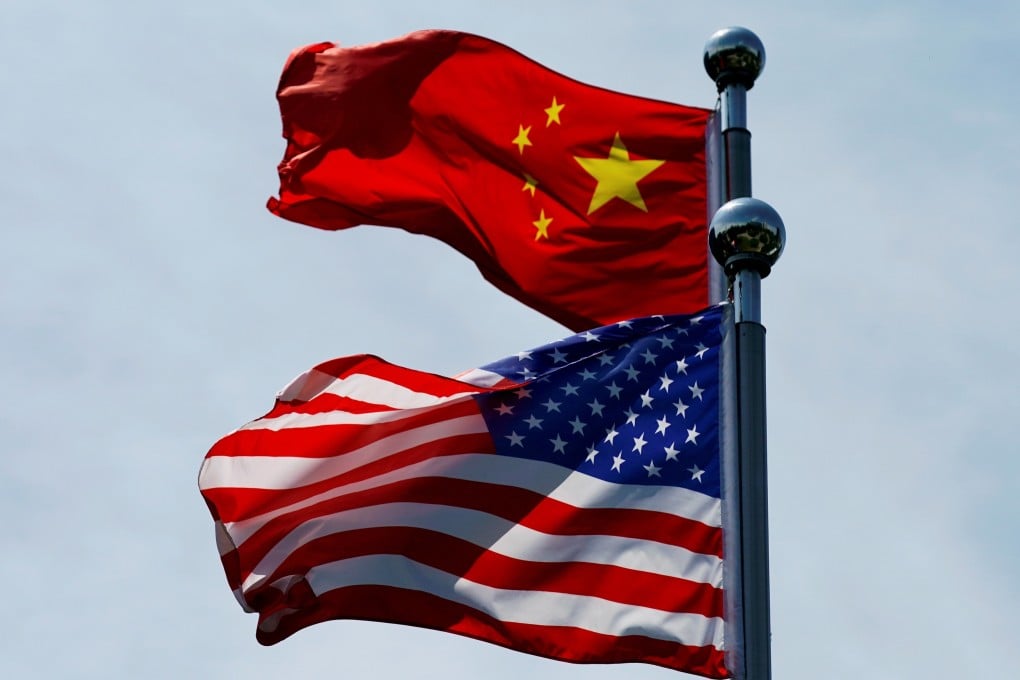Advertisement
US sets out security agenda ‘to prevail in strategic competition with China’, other nations
- It describes Beijing as the only competitor with the power to ‘mount a sustained challenge to a stable and open international system’
- Restoring global leadership role and boosting alliances are priorities in directive that reflects Biden administration’s tougher line on China
3-MIN READ3-MIN
24

US President Joe Biden has released a national security agenda outlining how the country would compete with an increasingly assertive China, including by moving to restore its global leadership and boosting alliances to both counter and leverage cooperation from Beijing.
The interim strategic guidance released on Wednesday described China as the only competitor that had the power to “mount a sustained challenge to a stable and open international system”, placing a firm emphasis on US interests in the Indo-Pacific region compared to a focus on the Middle East during the Barack Obama era.
National security priorities included defending and bolstering the US and its democracy at home, promoting a “favourable distribution of power” to deter or prevent adversaries from threatening the US and its allies, and leadership in a rules-based international order underwritten by democratic alliances.
Advertisement
“Taken together, this agenda will strengthen our enduring advantages and allow us to prevail in strategic competition with China or with any other nation,” it said. “By restoring US credibility and reasserting forward-looking global leadership, we will ensure that America, not China, sets the international agenda, working alongside others to shape new global norms and agreements that advance our interests and reflect our values.”

Advertisement
The directive reflects the firmer line on China that Biden’s team has signalled it will continue from the previous administration, but embraces US leadership in the international and US alliance systems – in contrast to the era of Donald Trump, who eschewed multilateralism and tussled with allies.
Advertisement
Select Voice
Select Speed
1.00x